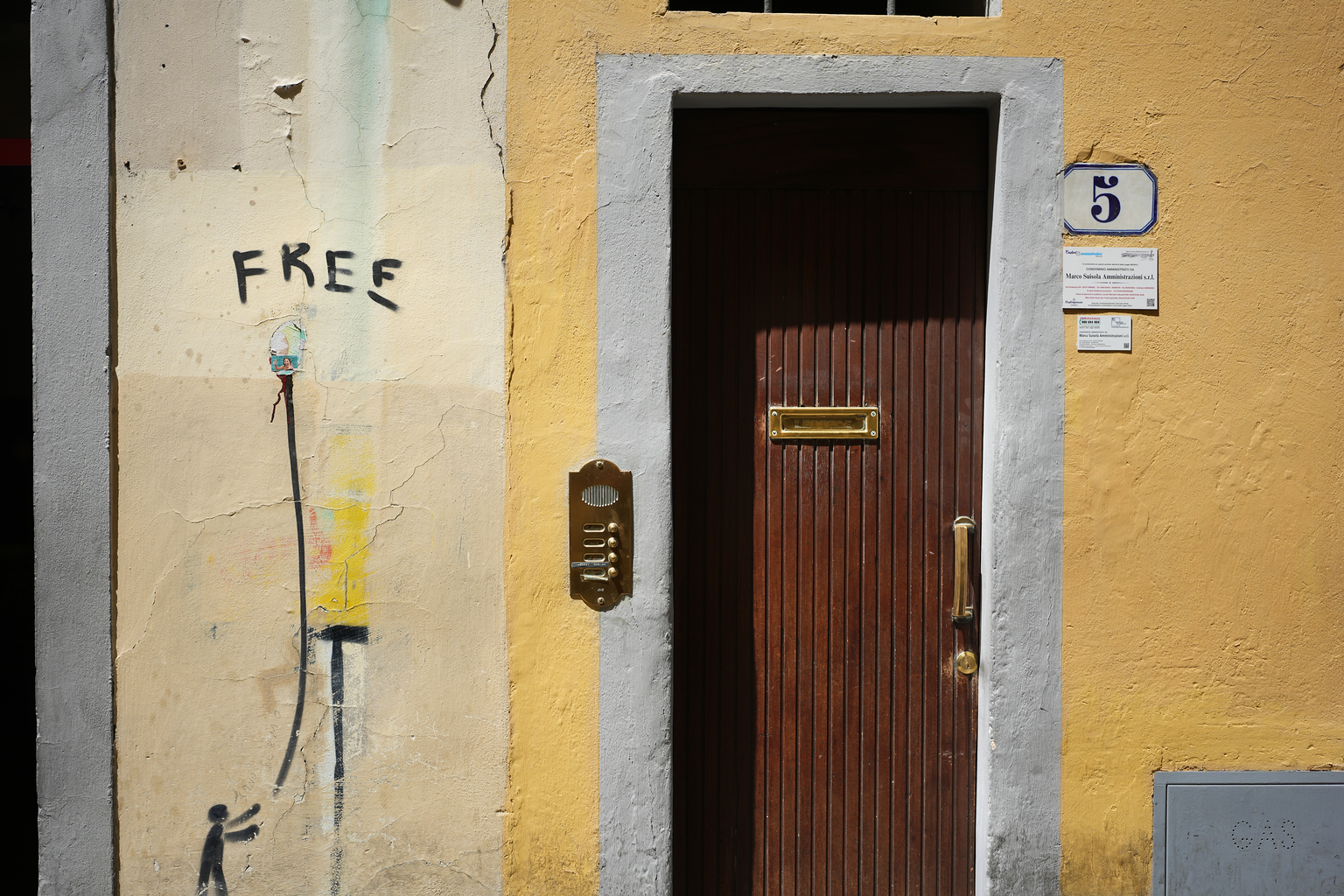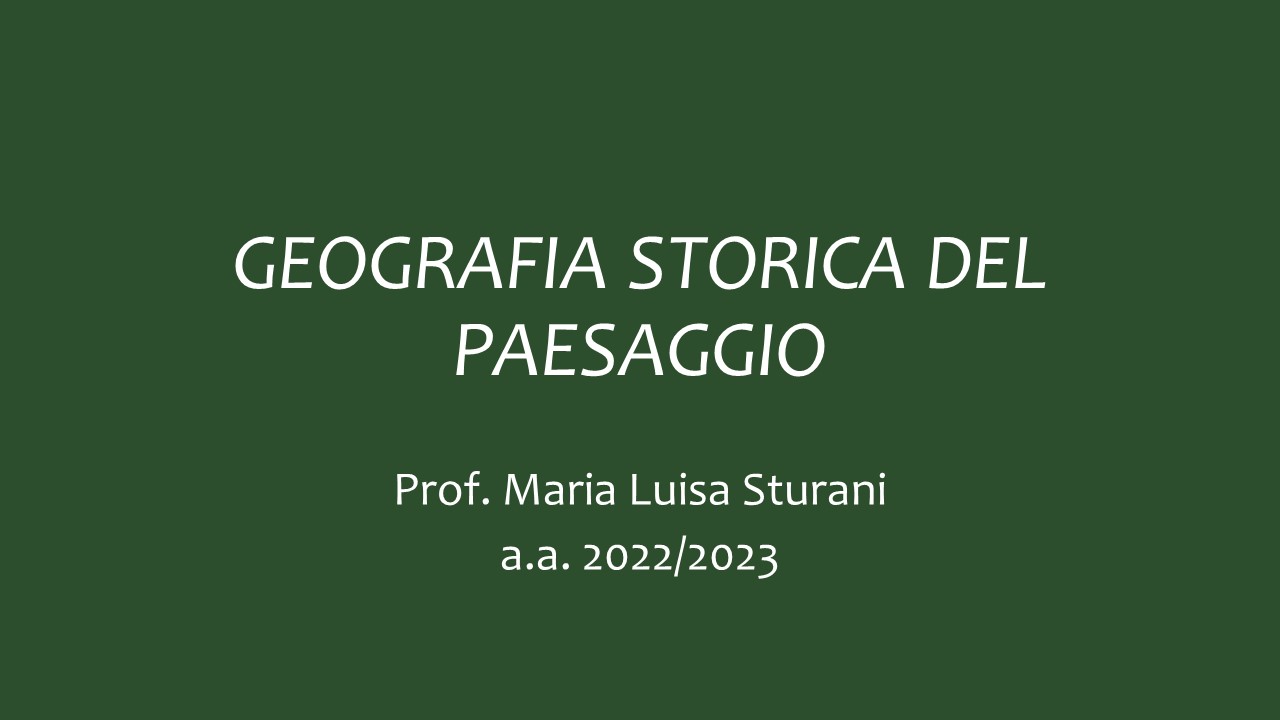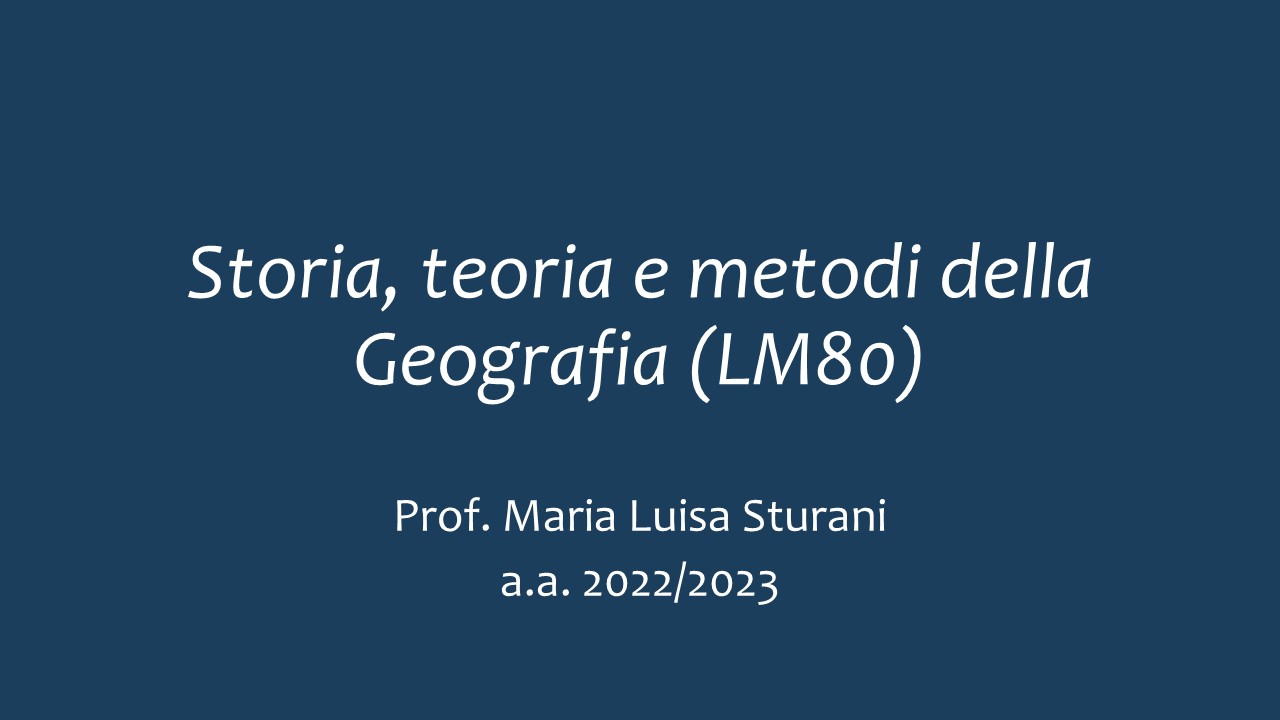
The module offers an introduction to critical geographical thinking, with particular reference to how it developed in the past decades in Anglophone Geography. The aim is to provide a concise, yet rich, introduction to a number of key concerns related to the critical understanding of space, place, scale and related processes. Key notions and approaches derived from political economy, relational spatial thinking, critical gender and race studies, political ecology will be presented and discussed. The course mixes frontal lectures with moments of in-depth reading of academic texts, as well as discussion of contemporary societal issues at the global scale. The final part of the module provides a glance at some of the most common qualitative research methods in Human Geography, analysing their ethical implications and the role of Academics in the (re)production of unjust spaces.
- Teacher: Michele Lancione
 The course focuses on several key issues and debates in the field of urban studies. It is organised in two sections, which develop in parallel. The first is a kind of "encyclopedic" section. Some key concepts for understanding the contemporary urban phenomenon (e.g. diversity, conflict, neoliberalism, gentrification, governance, urban geopolitics) are presented. The second is a kind of "monographic" section. Different types of self-organization in the residential field are critically analyzed, with reference to different geographical contexts (e.g. gated communities, cohousing, housing occupations, self-construction).
The course focuses on several key issues and debates in the field of urban studies. It is organised in two sections, which develop in parallel. The first is a kind of "encyclopedic" section. Some key concepts for understanding the contemporary urban phenomenon (e.g. diversity, conflict, neoliberalism, gentrification, governance, urban geopolitics) are presented. The second is a kind of "monographic" section. Different types of self-organization in the residential field are critically analyzed, with reference to different geographical contexts (e.g. gated communities, cohousing, housing occupations, self-construction).
- Teacher: Francesco Chiodelli

